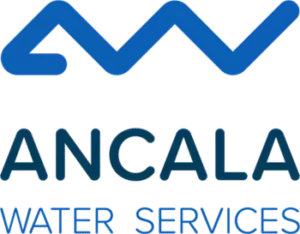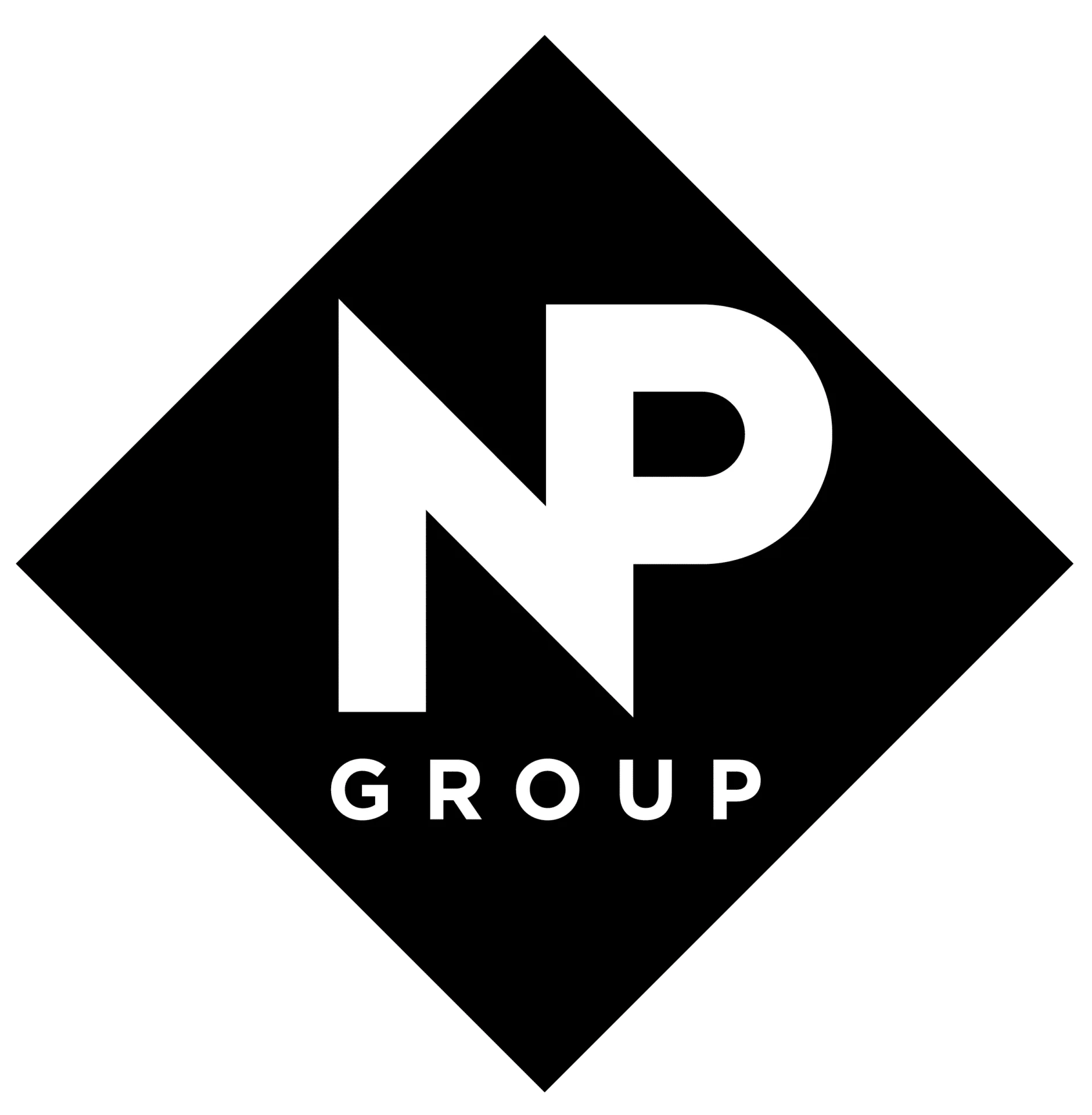What is the building products industry outlook for 2025?
As we enter 2025, the UK building products industry continues to adapt to economic pressures, sustainability imperatives and evolving construction trends. While market conditions remain challenging, opportunities exist for businesses that anticipate change and position themselves strategically.
At Leading Edge, we specialise in market intelligence and forecasting for the construction sector, helping businesses understand industry trends and make informed, future-focused decisions. Our forecasting services can be delivered as a stand-alone project—providing clarity on future demand, sector performance, and investment outlook—or integrated into wider market research to offer a comprehensive view of market dynamics, competitor activity, and customer sentiment. This outlook explores the key drivers shaping the building products market in 2025, equipping businesses with the insight needed to plan with confidence.
Economic and Market Trends
The economic outlook for 2025 remains uncertain, with interest rates expected to ease gradually but still impacting investment decisions. Housebuilding remains under pressure, with developers facing financial constraints and fluctuating demand. However, some recovery in housing starts is anticipated as inflation stabilises and mortgage rates decline.
In contrast, commercial construction and infrastructure projects remain key growth areas. Government investment in transport, energy, and public sector projects—particularly in schools, hospitals, and social housing—is driving demand for building materials. The repair, maintenance, and improvement (RMI) sector is also expected to stay resilient as homeowners continue to upgrade existing properties rather than move.
Sustainability and Regulatory Change
The push for net zero is accelerating transformation across the building products sector. Stricter environmental regulations, including the Future Homes Standard and changes to Part L of the Building Regulations, are increasing demand for energy-efficient materials and sustainable solutions.
Manufacturers are under pressure to improve carbon reporting, reduce embodied carbon, and develop circular economy solutions such as recyclable and bio-based materials. Meanwhile, modern methods of construction (MMC), including offsite manufacturing and modular building, are gaining traction as the industry looks for ways to improve efficiency and sustainability.
Innovation and Digital Transformation
Technology continues to shape the industry, with digital construction tools, BIM (Building Information Modelling) and AI-driven design solutions becoming more widely adopted. Specifiers and contractors are looking for suppliers that can provide detailed digital product data to streamline procurement and improve project efficiency.
In addition, smart building products, such as energy-efficient glazing, advanced insulation systems and connected building technologies, are seeing growing interest as sustainability and performance requirements increase.
Market Opportunities and Strategic Considerations
For manufacturers and suppliers, success in 2025 will depend on adapting to changing market demands and regulatory shifts. Key strategic considerations include:
- Focusing on Sustainability: Developing low-carbon and recyclable products will be critical as both regulations and customer preferences shift.
- Leveraging Digital Marketing: Ensuring strong online visibility, well-optimised product data, and engagement with specifiers through technical content and digital tools.
- Diversifying into Growth Sectors: Expanding into public sector projects, infrastructure, and RMI to counterbalance the slowdown in new housebuilding.
- Building Resilience: Improving supply chain agility and responding to shifting material costs and procurement trends.
Need Data-Driven Market Insights?
At Leading Edge, we provide in-depth market forecasting and strategic insights to help businesses in the building products sector navigate change and identify opportunities. If you need a clearer picture of where the market is headed and how to position your products effectively, we can help.
Get in touch with us today to discuss how our industry research can support your strategy for 2025 and beyond.













